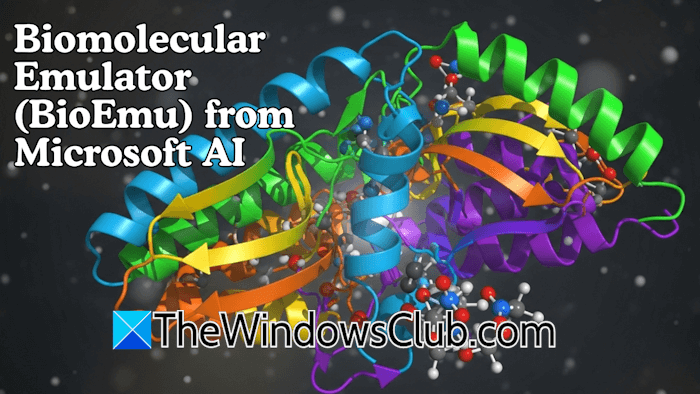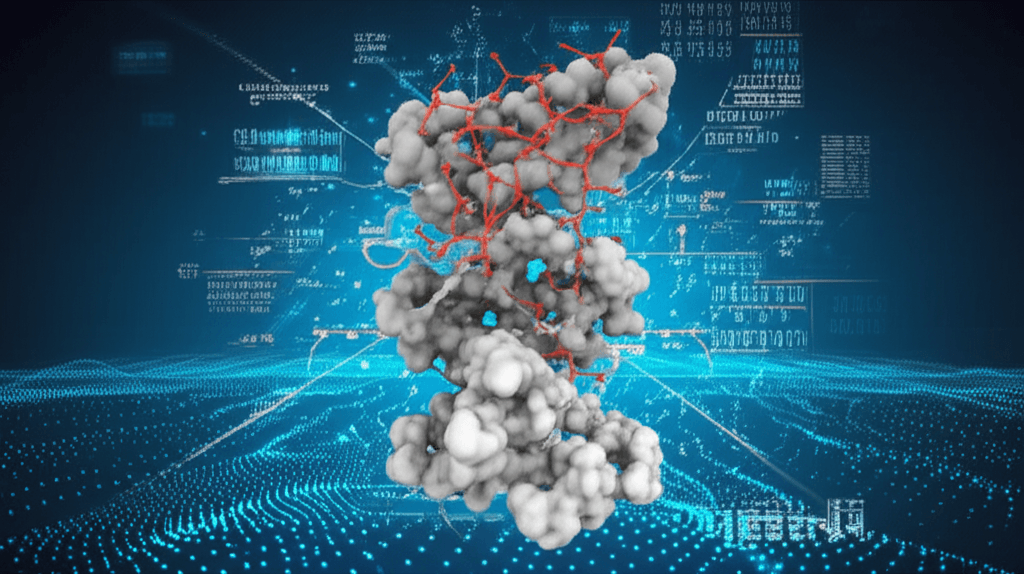 Proteins are the workhorses of biology – intricate molecular machines that govern everything from cellular communication to immune responses. Unlike rigid structures, proteins exhibit complex movements called Protein Dynamics, where their shapes continuously morph to perform biological functions. Understanding these dynamic changes represents one of biotechnology’s greatest challenges, with implications for drug discovery, enzyme engineering, and disease treatment.
Proteins are the workhorses of biology – intricate molecular machines that govern everything from cellular communication to immune responses. Unlike rigid structures, proteins exhibit complex movements called Protein Dynamics, where their shapes continuously morph to perform biological functions. Understanding these dynamic changes represents one of biotechnology’s greatest challenges, with implications for drug discovery, enzyme engineering, and disease treatment.
Microsoft BioEmu: A Quantum Leap in Molecular Simulation
Microsoft Research has developed Biomolecular Emulator-1 (BioEmu-1), a revolutionary deep learning framework designed to decode and predict protein behavior with unprecedented accuracy. This AI-powered system combines transformer architectures with physics-based modeling to simulate molecular interactions at scales previously unattainable through traditional computational methods.
Why Protein Dynamics Matter
Protein flexibility determines biological functionality:
- Drug Binding: Medications require precise molecular docking points
- Enzyme Catalysis: Shape-shifting enables biochemical reactions
- Disease Mechanisms: Misfolded proteins cause neurological disorders
- Biomaterial Design: Synthetic proteins for medical devices
Traditional molecular dynamics simulations consume immense computational resources, often requiring supercomputers to model microsecond-scale protein movements. BioEmu disrupts this paradigm through machine learning emulation.
Core Innovations in BioEmu Technology
The BioEmu architecture introduces three groundbreaking capabilities:
1. Temporal Pattern Recognition
Specialized neural networks identify movement patterns across timescales from femtosecond bond vibrations to millisecond functional shifts.
2. Energy Landscape Mapping
Generative models predict the multidimensional pathways proteins traverse between structural states, revealing previously hidden intermediate conformations.
3. Multi-Scale Integration
Combines quantum mechanical precision for active sites with coarse-grained modeling for large-scale movements, achieving both accuracy and computational efficiency.
Practical Applications Transforming Biomedicine
Microsoft’s BioEmu platform enables breakthroughs across multiple domains:
Accelerated Drug Development: Pharmaceutical researchers can now screen millions of potential drug candidates against dynamic protein targets in days rather than years. Recent studies demonstrate 60% improvement in binding affinity predictions compared to static structure analysis.
Personalized Medicine: By mapping how genetic mutations alter protein dynamics, clinicians can predict individual responses to therapies. This approach shows particular promise in cancer treatment optimization.
Synthetic Biology: Engineers are designing novel enzymes with customized dynamic properties for industrial applications, from biodegradable plastics to carbon capture systems.
The Future of Computational Biology
BioEmu represents just the beginning of AI’s transformation of molecular science. Upcoming developments include:
- Integration with quantum computing for enhanced simulation precision
- Real-time visualization interfaces for interactive molecular exploration
- Cloud-based API access democratizing emulation capabilities
As protein dynamics research enters this new era, Microsoft’s BioEmu establishes itself as an essential tool for unlocking nature’s molecular machinery. The convergence of AI and biology promises solutions to global challenges in healthcare, sustainability, and fundamental scientific understanding.

Leave a Reply